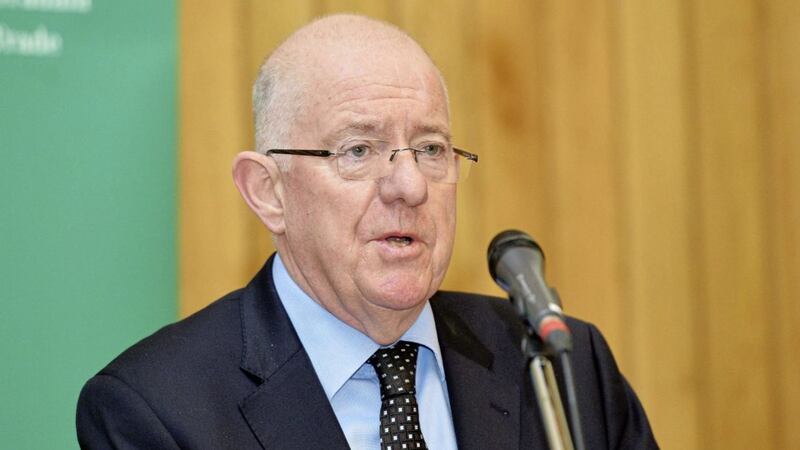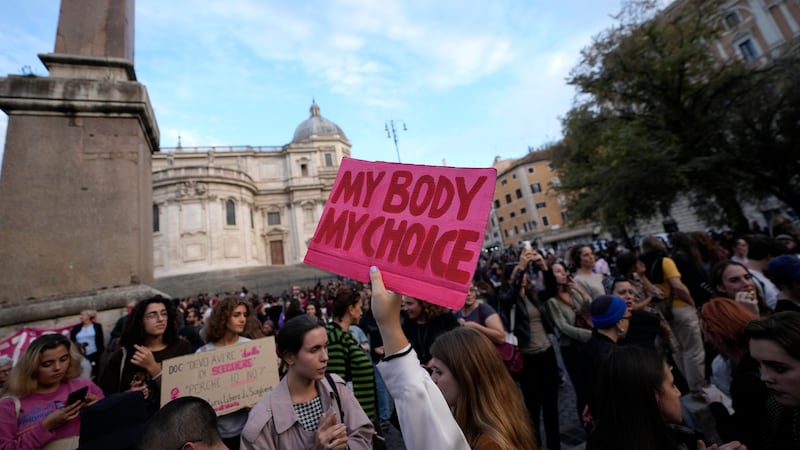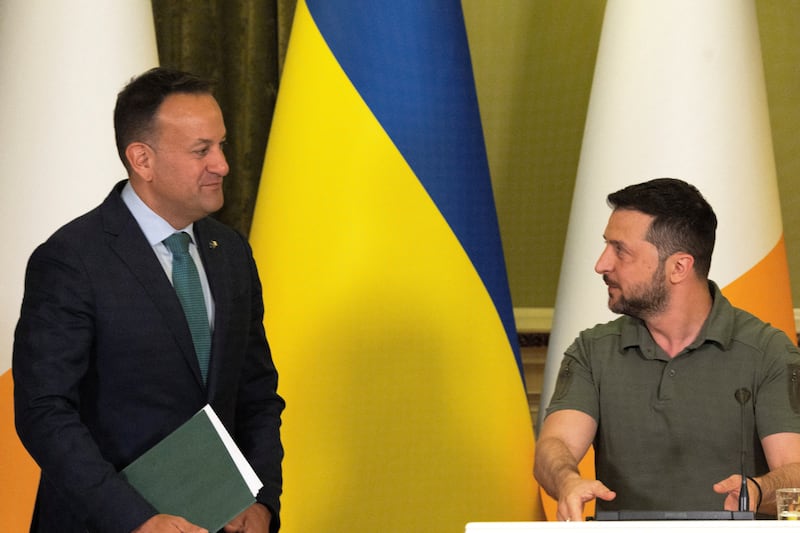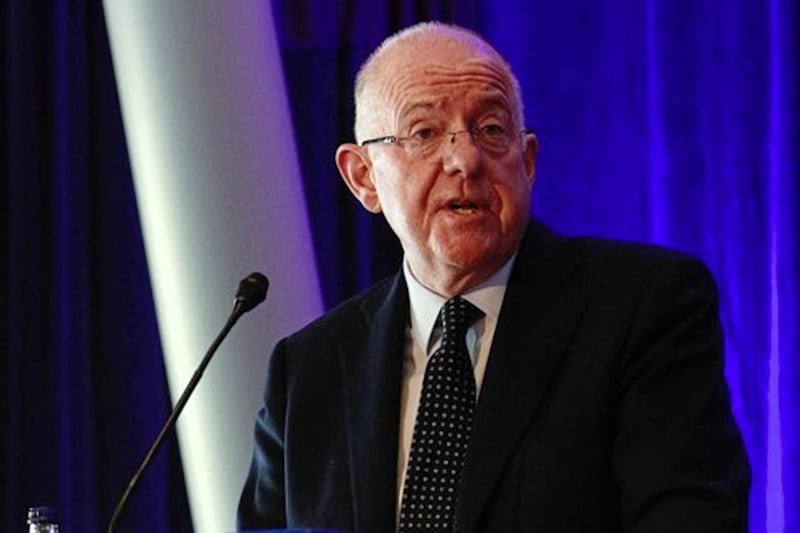IRISH Foreign Minister Charlie Flanagan has publicly criticised the British government over the lack of clarity around Brexit.
Six months on from June's referendum Mr Flanagan called on Downing Street to outline its objective in the Brexit negotiations, saying: "The mixed messaging from the UK is a matter of concern."
He said the absence of clarity was fuelling "uncertainty" and that Dublin needed to know "what the plan is".
In a pre-Christmas interview with the Irish Times, Mr Flanagan made three separate calls for the British government to make its intentions clear to other EU countries.
"I want to see a plan – after six months we should be moving now from slogans towards having a clarified plan," he said.
"I don’t see evidence of that, and I find that regrettable."
British prime minister Theresa May has failed to indicated whether the UK wishes to remain a member of the EU single market, of the EU’s customs union, or if it wants a complete break with the bloc.
"In the event of the UK leaving the single market, my hope would be that they remain in the customs union," Mr Flanagan said. Under such circumstances, the minister said the Ireland's "invisible border" could be maintained.
Mr Flanagan said recent comments by British international trade minister Liam Fox, in which he raised the prospect of the UK remaining a member of the customs union, were "the polar opposite of what he said in September".
Last week Taoiseach Enda Kenny said that Ms May was scheduled to visit Dublin in the new year.
Highlighting Dublin's concern about the British government's intention to withdraw from the European Convention of Human Rights, Mr Flanagan described the Good Friday Agreement as an "internationally recognised legal instrument . . . no aspect of which is negotiable".
"The letter and spirit of the Good Friday agreement must in all circumstances be fully acknowledged preserved and maintained," he said.
He said the repeal of the Human Rights Act as promised by the British government would "have immediate consequences on the Good Friday agreement and the human rights section thereof".
The minister said he has stressed to his British counterparts "the fragile nature of the peace in Northern Ireland".








